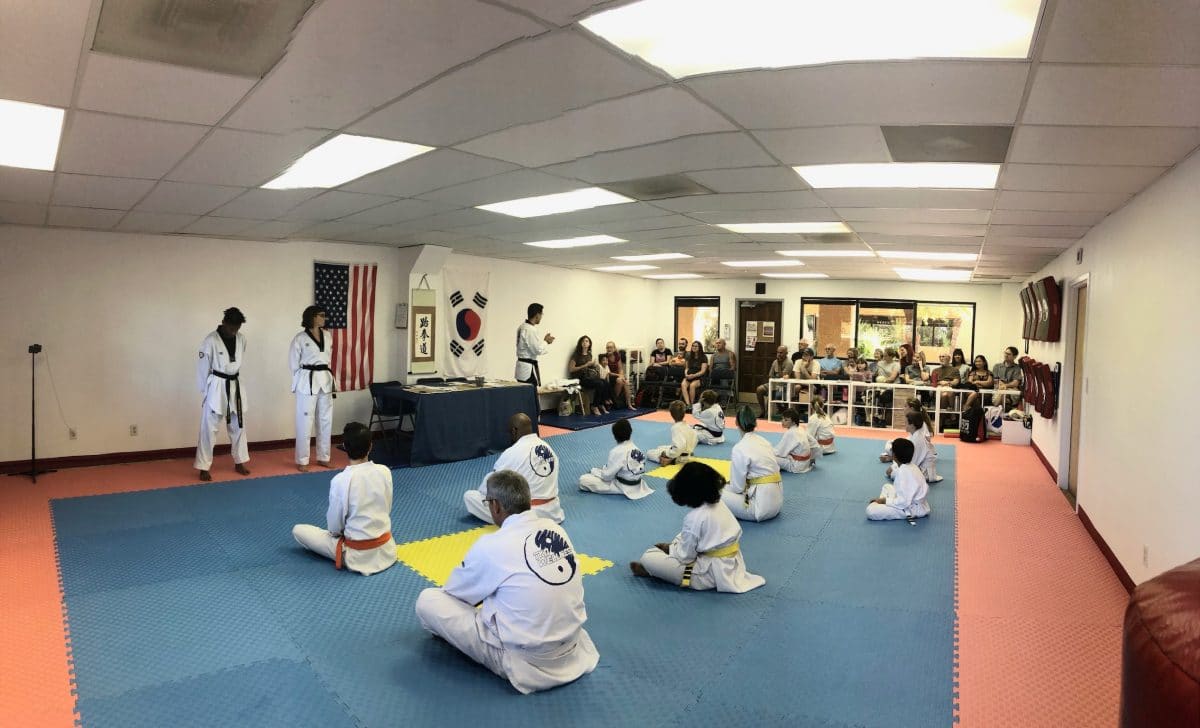
Summertime is usually one of the best times of the year for kids because they get to play most of the day. This free play time can be wonderful experience but can create chaos that can lead to conflict between kids and caregivers.
Here are 3 tips to help avoid the drama and conflict and have a fun summer:
- Make sure the essentials are covered: Rest, sleep, food and water are essential for human life and our mental functioning. People, especially kids, can get super cranky, or “irritable” as the professionals label this behavior, when they are hungry, thirsty, sleepy or tired. So the tip is to teach your kids about the importance of having good sleep hygiene and getting rest throughout the day so that they can have more fun when well rested. Teach them about eating or snacking throughout the day so that they don’t get “hungry.” Explain to them that drinking water, lots of water, will help them stay hydrated and play longer. Lastly, the best way to encourage them to follow this tip is by leading from example and making sure that you are also getting enough rest, sleep, food and water.
- Create Routine: Most kids do better with structure and routine. Thus to avoid drama or full blown tantrums create a bit of a daily or weekly routine. The daily routine should cycle between periods of less structured activities with periods of more structured activities. For example, waking up and playing for a bit on their own is less structured followed by a more structured breakfast and then with outside play time followed by reading a book. The key is to create a routine that works for both and be consistent. The weekly routine can be something like on Mondays you read books, on Tuesdays you play a boardgame, on Wednesdays you bake together, on Thursdays you watch a movie, on Fridays you go for a bike ride together, on Saturdays you watch a YouTube kids video and on Sundays you practice your draw together. Some examples of unstructured activities include pool time, outdoor play, video games, building stuff or any other type of free play. Examples of structured activities can include meals, card games, reading, Taekwondo class, drawing, watching and talking about something educational, meditation or cooking just to name a few.
- Keep your cool: I think it goes without saying that if caregivers lose their cool and yell, express anger (notice that this is different than feeling anger) or in some other way have an “adult tantrum,” then the situation just got a whole lot worse. So to keep your blood pressure down you wan to first be aware of your moment to moment feelings and thoughts because you can avoid having yelling if you’re not aware that you’re feeling angry or thinking that your child is disrespecting you. Surprisingly, this can be very difficult for many but like any skill, it can be learned with practice. The best way to practice awareness is by getting into a habit of daily 2-5 minute meditation in a quite place so that you can pay attention to your thoughts and feelings during the meditation. One way of practicing meditation, called “Mindfulness Meditation” has you practicing three easy steps: 1) close your eyes and focus on your breath as you inhale and exhale breathing slowly and deeply; 2) notice your thoughts or feelings or perhaps sounds that distract you from focusing on your breath and; 3) returning your attention gently, without judgement or criticism, back to your breath. That’s it! Simple focus, get distracted or aware of what your are thinking or feeling in that moment and then refocus. Do these three easy steps over and over during the 2-5 minute meditation and get to know yourself better! Even better, practice with your kid/s and help them became more aware of their thoughts and feelings too.
Question: Let us know what your favorite tip is or do you have your own tip to share?
I hope you find these tips helpful and you have a great summer. If you’re a caregiver wanting a bit more support or structure for yourself or your kids, know that our sister program, Intuition Wellness Center, can help or if you want to start taking Taekwondo classes, either live or virtually, check out our programs, TKD Wellness.
Written by Yoendry Torres, Psy.D. Head Coach @ TKD Wellness & Clinical Psychologist